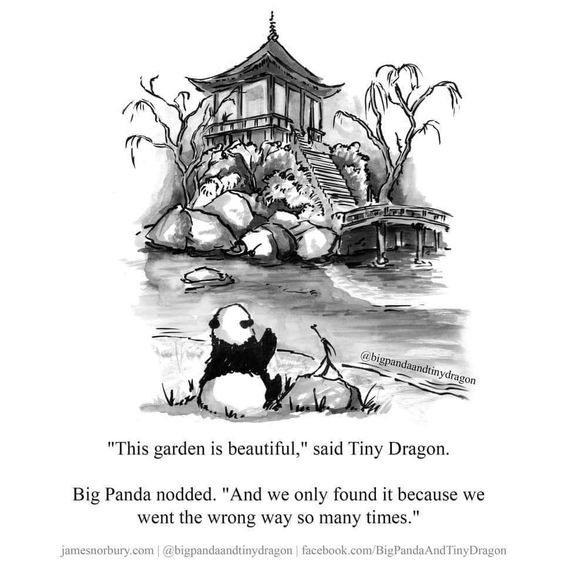Impact Character
folding paper cranes ⭐
- MBTI
- inconcrete
- Enneagram
- 964
Hello everyone!
I wanted to ask if you are interested in dipping into the topic of decision making as individuals, the process of deciding as well as the learning curve. It's not so much about using the MBTI system and its terminology, nor do I ask only INFJs - it's really meant for everybody, including observations of others.
Starter Questions:
Why and how do you most often make decisions? Are there exceptions or special decisions?
What aspects influence greatly your decision making process i.e. your decisions?
Are you simplifying/reducing in some way or form the variables of a decision? When? Why? How?
Are you actively reworking some aspects or variables in the process? When? Why? How?
In what way are you involved in a decision? What aspects of you?
Are other people involved? If so, how?
Do you actively involve them at some point? When? Why?
Do you avoid in some way to involve them? When? Why?
Do small and big decisions differ?
Do you struggle more with coming to a decision or with changing an existing decision?
Is it more difficult to make quick decisions or taking time to decide?
How about getting decision fatique?
Generally speaking, what were your best/worst decisions? Why did you know they were?
How has decision making changed throughout your life?
Feel free to add or change questions.
I wanted to ask if you are interested in dipping into the topic of decision making as individuals, the process of deciding as well as the learning curve. It's not so much about using the MBTI system and its terminology, nor do I ask only INFJs - it's really meant for everybody, including observations of others.
Starter Questions:
Why and how do you most often make decisions? Are there exceptions or special decisions?
What aspects influence greatly your decision making process i.e. your decisions?
Are you simplifying/reducing in some way or form the variables of a decision? When? Why? How?
Are you actively reworking some aspects or variables in the process? When? Why? How?
In what way are you involved in a decision? What aspects of you?
Are other people involved? If so, how?
Do you actively involve them at some point? When? Why?
Do you avoid in some way to involve them? When? Why?
Do small and big decisions differ?
Do you struggle more with coming to a decision or with changing an existing decision?
Is it more difficult to make quick decisions or taking time to decide?
How about getting decision fatique?
Generally speaking, what were your best/worst decisions? Why did you know they were?
How has decision making changed throughout your life?
Feel free to add or change questions.


